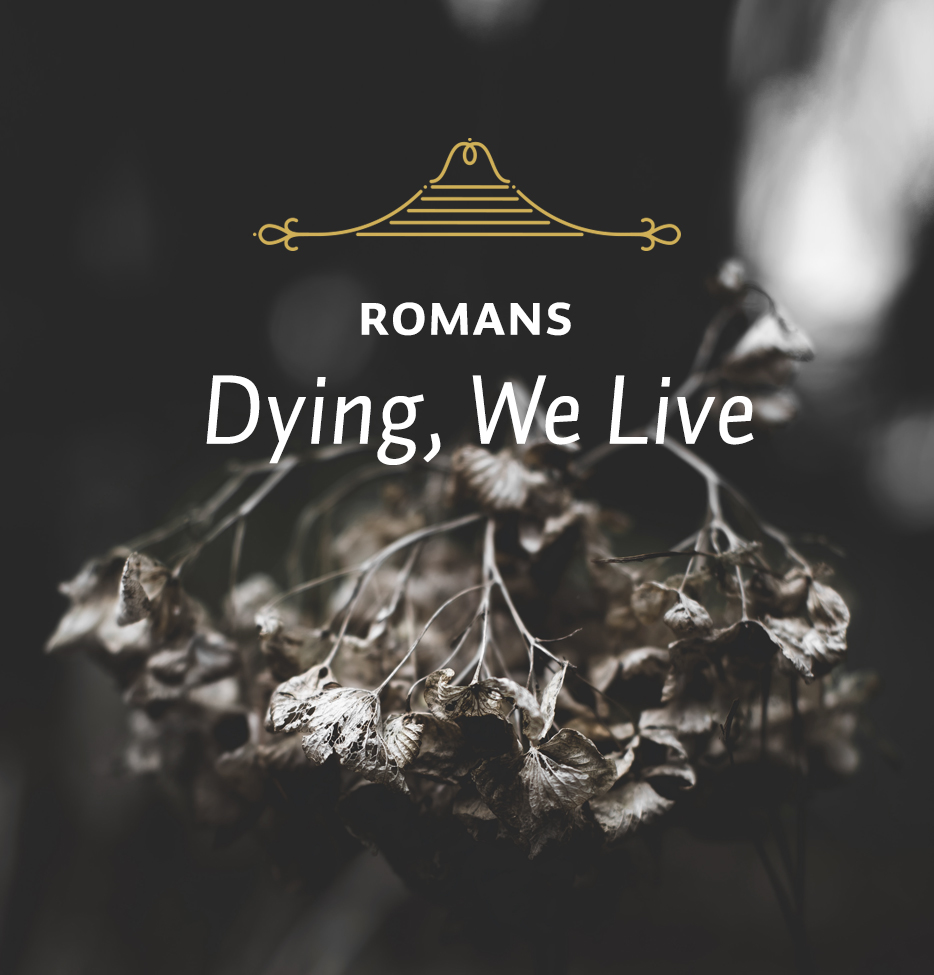Redemption from sin by Christ is not the only doctrine the Christian life of self-sacrifice is built on. A second foundation is our having died to the past by having become new creatures in Christ, if we are truly converted. We studied this teaching in Romans 6 where Paul argued, much as he is going to do in Romans 12, that because we have “died to sin” we are unable to “live in it any longer” (v. 2). Therefore, instead of offering the parts of our bodies “to sin, as instruments of wickedness,” as we used to do, we must instead offer ourselves “to God, as those who have been brought from death to life— and… the parts of [our] bodies to him as instruments of righteousness” (v. 13).
This does not mean that we have become unresponsive to sin or that we should die to it or that we are dying to it day by day or that we have died to sin’s guilt. The verb “die” is an aorist, which refers to something that has been done once for all, and what it refers to here is the change that has come about as a result of our being saved. The sentence “we died to sin” means that as a result of our union with Jesus Christ by the work of the Holy Spirit we have become new creatures in Christ so that we can never go back to being what we were. We are to start the Christian life with that knowledge, knowing that we cannot go back and that, if we cannot go back, there is no other direction for us to go but forward. What Paul says in Romans 12:1-2 is that we have already died to sin in the sense that we cannot successfully return to our old lives. Therefore, since that is true, we might as well get on with the task of living for the Lord Jesus Christ as Christians. In other words, we need to forget about sinning and instead present our bodies as “living sacrifices” to God.
The third foundational truth of what it means to live by dying is the paradox itself, namely, that it is by dying to our own desires in order to serve Christ that we actually learn to live.
I do not think there is any difficulty in understanding what this means. We understand only too well that dying to self means putting personal desires behind us in order to put the desires of God for us and the needs of other people first. And we understand the promise too. The promise is that if we do this, we will experience a full and rewarding life. We will be happy Christians. The problem is not with our understanding. The problem is that we do not believe it. Or if we do believe it in a general way, we at least do not believe it in regard to ourselves. We think that if we deny ourselves, we will be miserable. Yet this is nothing less than disbelieving God. It is a failure of faith.






